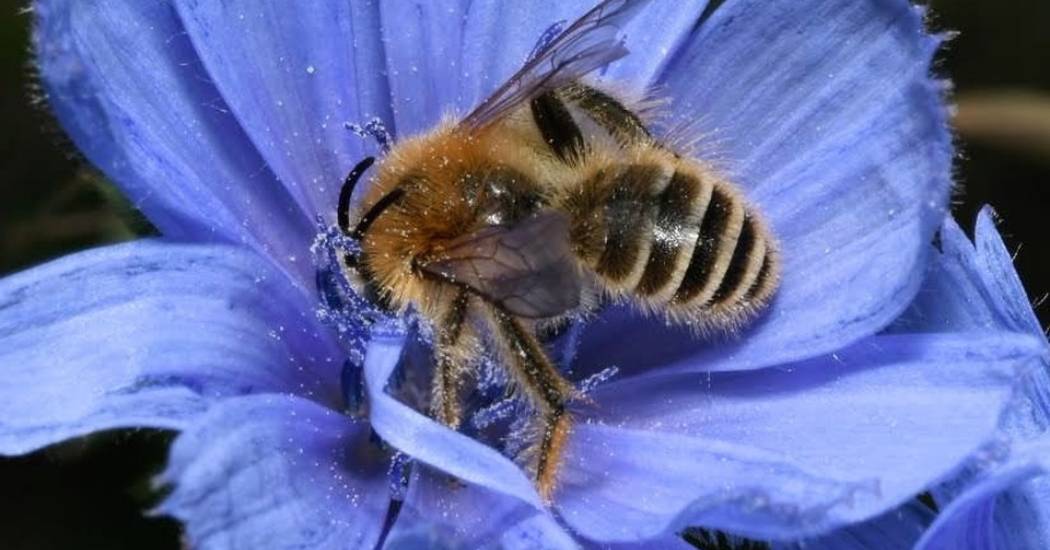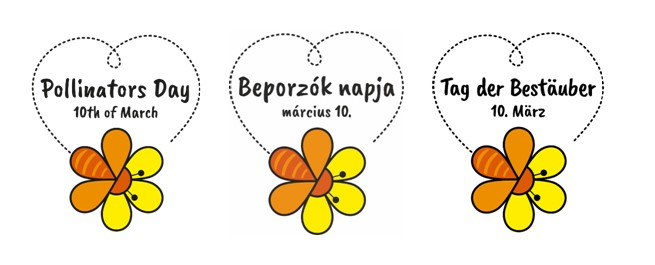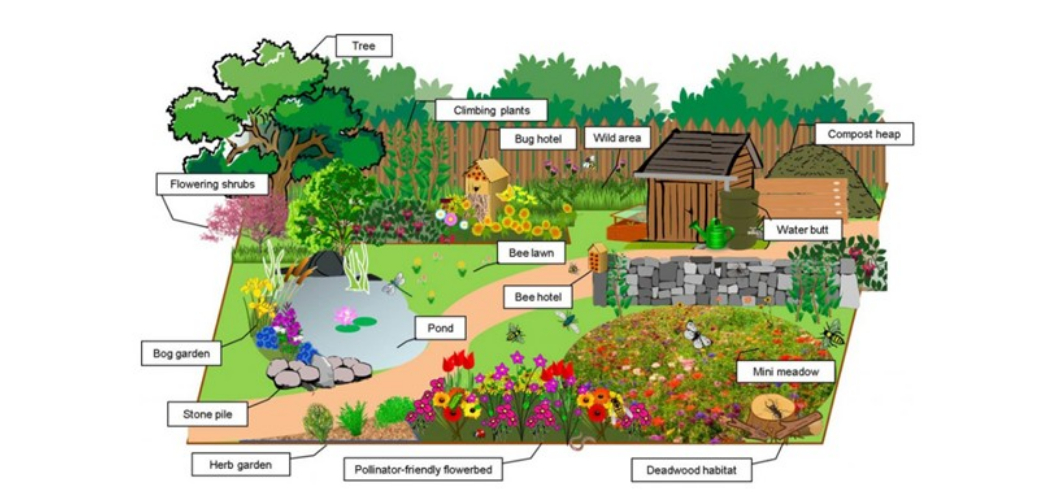
On 10th March 2018, Pollinators Day began as a civil initiative in Hungary for a new day designated for celebrating Nature Conservation. The proposal was supported by several experts, institutions and civil organisations. Today, it has grown to become a national event: many museums, libraries, schools, kindergartens, higher education institutions, national parks and local governments organise activities that either directly improve the needs of insect pollinators, or help spread information and invoke empathy in people towards them. It has also become an annual event among native Hungarians living in Romania. However, we would like to spread this practice further in the region and beyond.

The date of the event was deliberately adjusted to there turning bloom off lowering plants and their early insect pollinators in the beginning of Spring. This day is not only for raising awareness of honey bees but also that of several other pollinator species, plant-pollinator interactions and ultimately, the conservation of biological communities while it also motivates people to take action.
There is a lot of support out there in Hungarian language for organising lectures and events educating people about insect pollinators (available at www.beporzoknapja.hu/letoltheto and www.beporzoknapja.hu/mit-tehetunk-egy-rendezvenyen). In 2021, even an enthusiastic overview of the diverse array of activities organised for Pollinators Day by Hungarian museums was published, and it is available in Hungarian.
Also, there are many easy ways to find help with specific conservation activities. For example searching keywords and expressions online, such as ‘insect hotel’, ‘bug garden’ or ‘insect-friendly garden’ will likely result in some simple but effective ideas which can be illustrated by this drawing of an insect-friendly garden and its equipments:

There has been a growing discussion about sustainable development and sustainability and quite recently, also about the role of museums in them. Last year, Pulszky Society published a booklet in Hungarian on the topic, the original is available in English at Researchgate.
Sustainability also means (not only from our point of view) that the wildlife on this planet must keep doing what it has always been doing. Which is, by the way, one of the very foundations and conditions necessary for humankind to keep doing what it has always been doing, as well.
Without pollinators, we could not live our life on Earth. The majority of our crops and one third of the plants providing our foods, drinks, spices and herbs are dependent on pollinators. We could not entirely substitute this dependence with the advancement of drones or other technologies; hence we are also highlydependent on these insects.
Museum activities, and the overall supportive attitude of museums towards helping insect pollinators may vastly yield in the public understanding of such a huge task: we shall reform our old way of thinking in order to help insects flourish. One pleasant and interesting way to do that is planting flowers while we also provide water, shelter and nesting sites for insects visiting them.
Celebrating Pollinators Day is an integral part of Education for Sustainability and museums take an important role in society when they enable the public to learn about all aspects of Sustainability.
We need your help! Please support bees and other beneficial insects. You can send us notifications about your ongoing events and activities to the following email address: beporzoknapja@gmail.com.
Also, if you agree with this call, please forward it to other cultural institutions, as well as to schools and kindergartens.